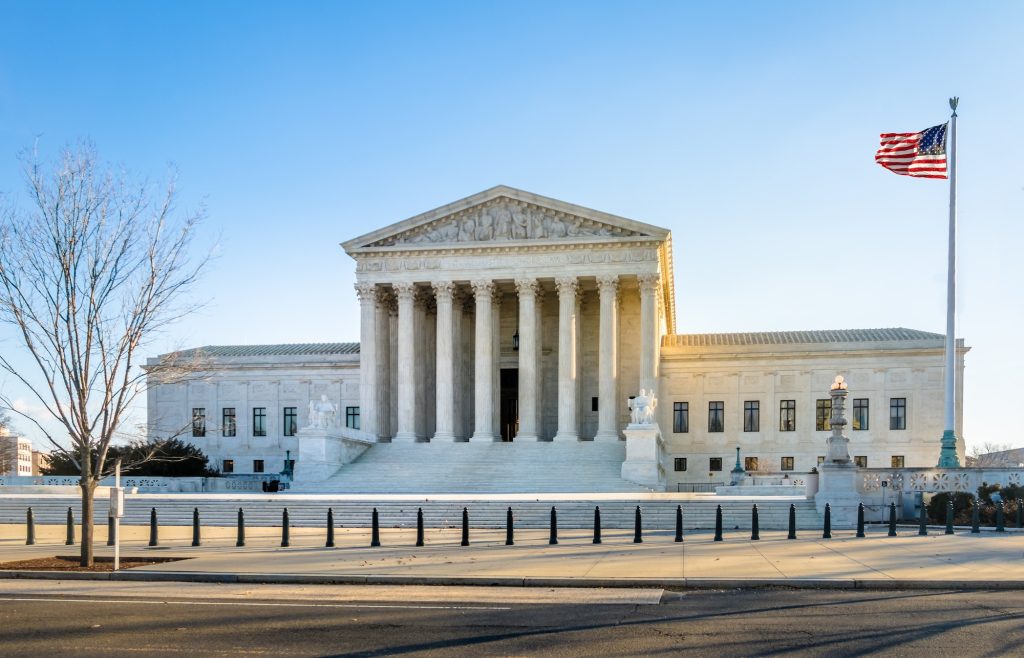Senators to introduce No Fakes Act to regulate AI in music and film industries
Musicians are increasingly concerned about the misuse of their identities in AI-generated content.

US senators are set to introduce a bill in June to regulate AI in the music and movie industries amid rising tensions in Hollywood. The NO FAKES Act, an acronym for Nurture Originals, Foster Art, and Keep Entertainment Safe, aims to prohibit the unauthorised creation of AI-generated replicas of individuals’ likenesses or voices.
Senator Chris Coons (D-Del.) is leading the bipartisan effort with Senators Amy Klobuchar (D-Minn.), Marsha Blackburn (R-Tenn.), and Thom Tillis (R-N.C.). They are working with artists in the recording and movie industries on the bill’s details.
Musicians, in particular, are increasingly worried about the lack of protection for their names, likenesses, and voices from being used in AI-generated songs. During the Grammys on the Hill lobbying event, Sheryl Crow noted the urgency of establishing guidelines and safeguards considering the unsettling trend of artists’ voices being used without consent, even posthumously.
However, before considering a national AI bill, Senators will need to address several issues, including whether the law will override existing state laws like Tennessee’s ELVIS Act and determine the duration of licensing restrictions and postmortem rights for an artist’s digital replica.
As Senate discussions continue, the Recording Academy has supported the bill. Meanwhile, the movie industry also backs the regulation but has raised concerns about potential First Amendment infringements. A similar bill, the No AI Fraud Act, is being considered in the House. Senate Majority Leader Chuck Schumer is also pushing for AI legislation that respects First Amendment principles.
Why does it matter?
Concerns about AI’s impact on the entertainment industry escalated after a dispute between Scarlett Johansson and OpenAI. Johansson accused OpenAI of using an ‘eerily similar’ voice to hers for a new chatbot without her permission. A similar situation happened with singers Ariana Grande and Lainey Wilson, who have also had their voices mimicked without consent. Last year, an anonymous artist released ‘Heart on my Sleeve,’ falsely impersonating Drake and The Weeknd, raising alarm bells across the industry.
